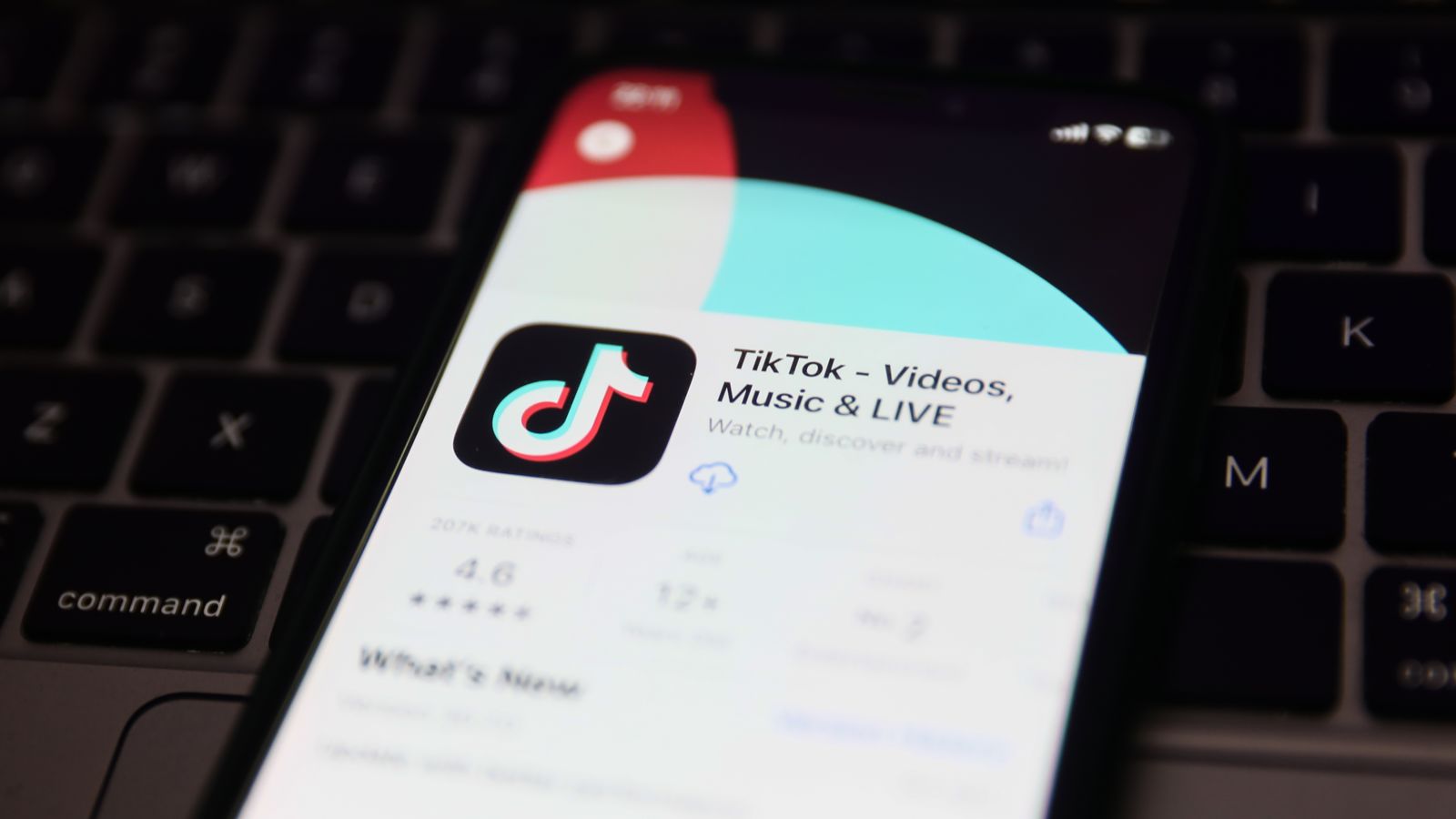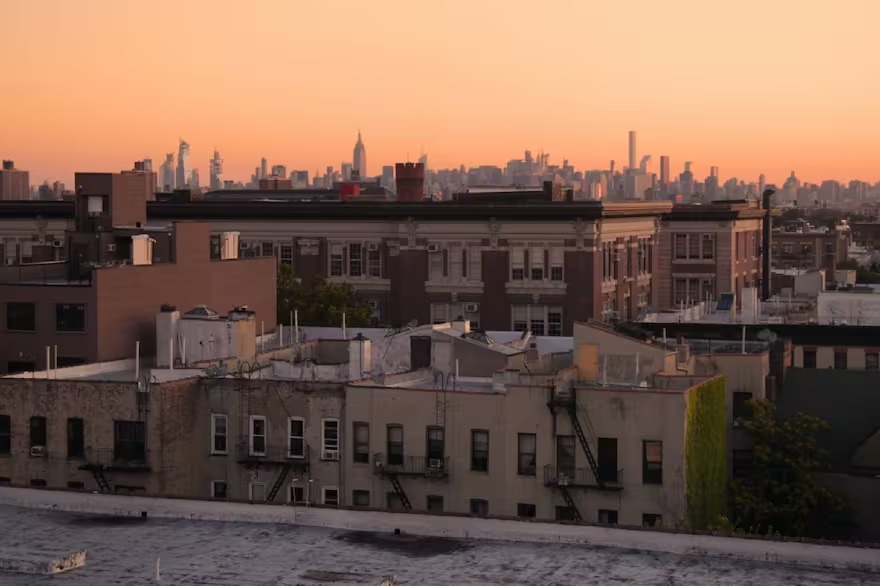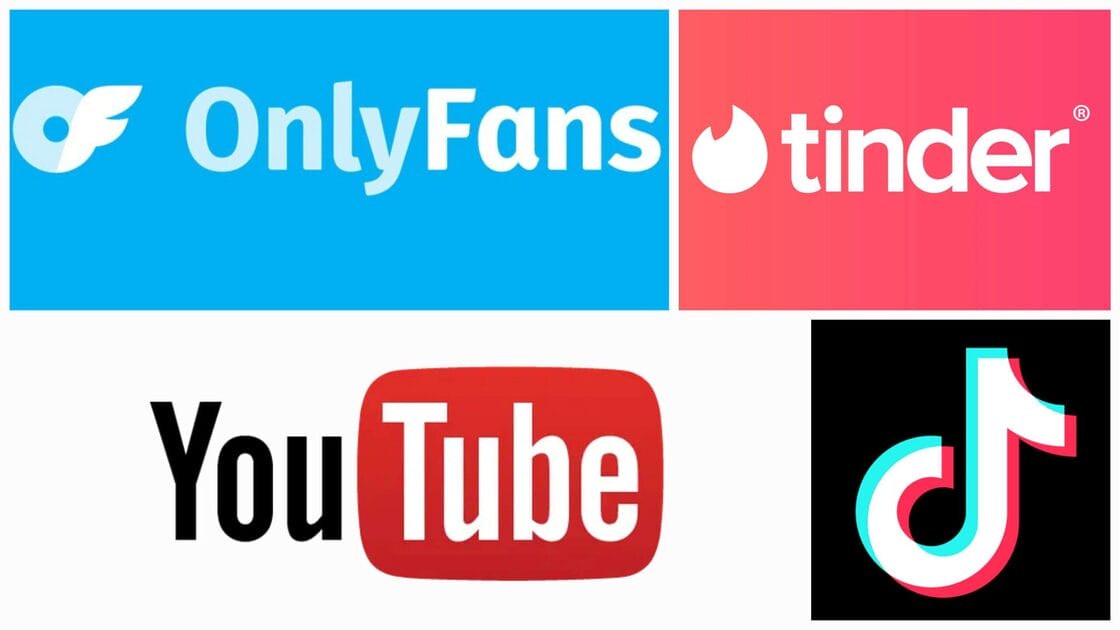Will they really ban TikTok in the United States?

(CNN) — House lawmakers are moving at breakneck speed with a plan that could ban TikTok in the United States. Over the course of two days this week, a key House committee introduced and passed a bill targeting TikTok. The full House is scheduled to vote on it next week, and the White House says President Joe Biden is ready to sign it.
For his part, Biden assures that he will sign a ban on TikTok if the measure is approved by Congress.
“If they pass it, I will sign it,” Biden told reporters at Joint Base Andrews.
The move, approved unanimously by the House Energy and Commerce Committee, would ban TikTok from US app stores unless the social media platform, used by about 170 million Americans, quickly divests itself from its China-linked parent company, ByteDance.
This is everything you need to know about the law.
What does bill mean?
If the bill is enacted, TikTok would be given about five months to separate from its China-linked parent company, ByteDance, or else app stores in the United States would be barred from hosting apps on their platforms.

A man walks past the headquarters of ByteDance, the parent company of video-sharing app TikTok, in Beijing. (Greg Baker/AFP/Getty Images)
It doesn’t stop there. The bill places similar restrictions on any apps allegedly controlled by foreign adversaries such as China, Iran, Russia or North Korea. And it establishes a process for Biden, or any future president, to identify apps that should be banned under the law.
App stores that violate the law may be fined based on the number of users of the banned app. The bill establishes a fine of US$5,000 per user of the banned app. So, in the case of TikTok, Apple and Google could be forced to pay fines of up to $850 billion each.
The House Energy and Commerce Committee voted unanimously Thursday to advance the bill.
What does TikTok say?
TikTok calls the law an attack on its users’ First Amendment rights. It launched a call to action campaign in its app, urging users to call their representatives in Washington to oppose the bill. Some congressional offices say they have been inundated with calls.
“The government is trying to strip 170 million Americans of their constitutional right to free expression,” TikTok said in a statement. “This will hurt millions of businesses, deny artists an audience and destroy the livelihoods of countless creators across the country.”
Why are lawmakers cracking down on TikTok?
They allege that TikTok represents a national security risk because the Chinese government could use its intelligence laws against ByteDance to force it to hand over the data of American TikTok users. Policymakers are concerned that such information could be used to identify intelligence targets or enable disinformation or propaganda campaigns.
So far, the US government has not publicly presented any evidence that China has accessed TikTok user data, and cybersecurity experts say it is a fantasy, albeit a serious one.
Didn’t Donald Trump try to ban TikTok first? What is Trump saying now?
Yes. While in office, Trump used a series of executive orders to force ByteDance to sell TikTok and ban app stores from hosting the platform. Those efforts stalled amid legal challenges, but Trump played a key role in making TikTok an issue in the first place, linking it to a broader anti-China agenda that included a trade war and inflammatory rhetoric that raised fears of anti-Asian hate.
Interestingly, however, this week Trump came out against the TikTok ban, saying in a post on Truth Social that it would only empower Facebook and Meta CEO Mark Zuckerberg, whom he described as the “true enemy of the people”.
It is not clear why Trump suddenly changed his stance on TikTok. Trump is the presumptive Republican presidential nominee, who will face Biden in the November election.
So what makes this time different?
First, we are talking about congressional legislation, not executive action. That is an important distinction. During the Trump administration, some debated whether the president had the authority to ban foreign-owned social media apps. Instead, the bill would create clear and entirely new authorities for the president to do exactly that.
Second, Trump’s efforts to ban TikTok ran into serious First Amendment objections at the time. Lawmakers behind this week’s bill say they’ve worked hard to address those concerns.
Wisconsin Republican Rep. Mike Gallagher, lead co-sponsor of the proposal, says the bill does not ban TikTok; It simply gives TikTok the option to sell itself, with the consequence of a ban if it doesn’t comply. Gallagher says he and others have worked on the bill for the past six months, consulting with officials at the White House and across Washington to ensure it can withstand a legal challenge.
And, notably, White House Press Secretary Caryn Jean-Pierre has publicly announced the current administration’s support for the bill.
“We welcome it,” he told reporters this week. “Obviously, we are working with (legislators) on that. And we want to see this bill passed so it can get to the President’s desk.
Can it really happen?
The bill is moving remarkably quickly in the House. The speed with which House leaders are promising a floor vote suggests they are confident they have enough votes to vacate the House.
The question is whether the bill has a future in the Senate. If it’s taken to that level, Gallagher said, it will likely end up in the Senate Commerce Committee. However, there is currently no bill in the Senate to supplement the House bill. and Washington Sen. Maria Cantwell, who chairs the Commerce Committee, issued a largely non-committal statement about the bill that acknowledged the concerns of her opponents.
“I will be talking to my colleagues in the Senate and House of Representatives to try to find a way to protect constitutional and civil liberties,” Cantwell said in a statement to CNN.
Does the bill violate the First Amendment?
Civil society groups say that even if the actual text of the bill does not directly censor TikTok or its users, it ultimately has the effect of doing so.
“There’s no denying that that’s just what he’s going to do,” said Jenna Leventoff, senior political counsel at the American Civil Liberties Union. “We strongly urge legislators to vote ‘no’ on this unconstitutional bill.”
The bill’s main mechanism — establishing an alternative to TikTok that could lead to a ban — is actually a sleight of hand that courts will see right away, according to First Amendment experts.
Courts can and do examine whether a law’s functional effect is to suppress speech, not just what the law’s text says, said Ken White, a First Amendment litigator at the law firm Brown White & Osborne. Lawmakers may try to argue that the bill regulates foreign ownership of TikTok, not content. But, White said, “‘foreign influence’ is not a magic word that gets you out of First Amendment trouble. It’s not at all clear that Congress’s pretext works.
Jameel Jafar, executive director of the Knight First Amendment Institute at Columbia University, said an important part of First Amendment scrutiny will be whether lawmakers could have achieved their goals with a “less restrictive alternative” to an outright ban. Passing a nationwide privacy law regulating how all companies, not just TikTok, handle Americans’ data would lead to the same result without raising First Amendment concerns, he said.
That aside, courts have held that Americans have a constitutional right to receive foreign propaganda, even if the US government doesn’t like it.
Under that precedent, it would be unconstitutional for the government to ban TikTok, even if it is clearly a direct mouthpiece for the Chinese government, Jaffer said.
“If you give the government the power to restrict Americans’ access to propaganda,” he said, “then you give the government the power to restrict Americans’ access to anything the government considers propaganda.”
With reporting by Kevin Liptak


:quality(85)/cloudfront-us-east-1.images.arcpublishing.com/infobae/IGVRZOX4ERARVLWRB3FVPU5GWQ.jpg)
:quality(85)/cloudfront-us-east-1.images.arcpublishing.com/infobae/2IOBLQPQQNGVRMVMCNNHJX3TKA.jpg)

